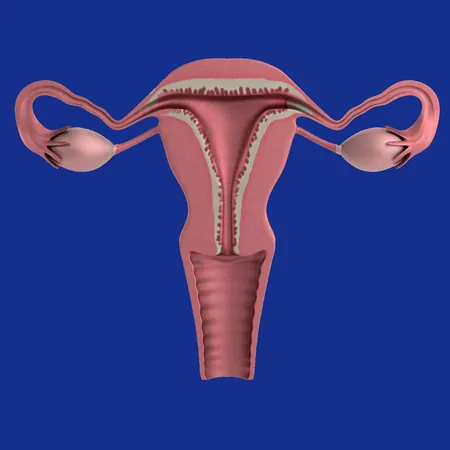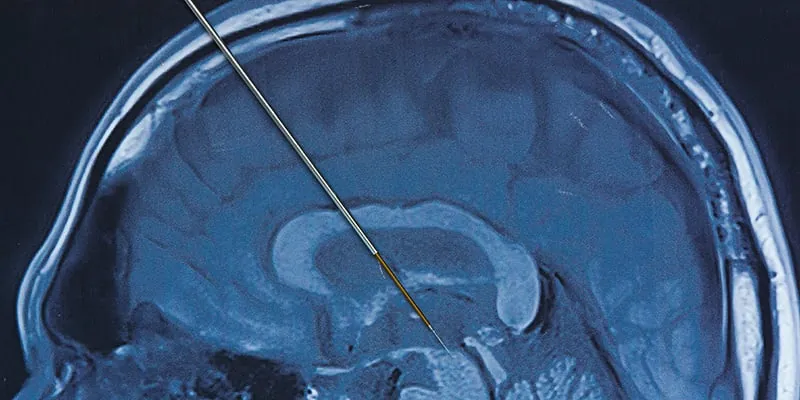
Groundbreaking New Guidelines for Managing Premature Ovarian Insufficiency Released!
2024-12-09
Author: Nur
What is Premature Ovarian Insufficiency?
POI occurs when a woman's ovarian function ceases before the age of 40, contrasting sharply with the typical onset of menopause, which occurs around 48-51 years. Remarkably, POI impacts about 4% of women worldwide and is associated with a myriad of challenges such as infertility, psychological distress, and heightened risks for osteoporosis, cardiovascular diseases, and even cognitive decline.
Revamped Guidelines Reflect Current Best Practices
The last major update to POI guidelines was in 2015. The 2024 revision marks a pivotal moment by uniting key organizations such as the European Society of Human Reproduction and Embryology (ESHRE), the International Menopause Society, and the American Society for Reproductive Medicine, along with CRE-WHiRL, all under the leadership of the Monash Center for Health Research and Implementation.
Key Changes that Matter
One of the most notable updates involves the simplification of the diagnostic criteria: now only a single elevated follicle-stimulating hormone (FSH) level, coupled with irregular or absent menstrual cycles for a duration of four months, is necessary to confirm a diagnosis of POI.
Advocating Personalization in Treatment
The updated guideline underscores the critical importance of personalized hormone therapy as a primary treatment strategy for symptom relief and prevention of chronic illness.
Empowering Women Worldwide
The Ask Early Menopause App is an invaluable tool, providing over 9,000 users worldwide with evidence-based resources, personalized dashboards, and forums for discussion.




 Brasil (PT)
Brasil (PT)
 Canada (EN)
Canada (EN)
 Chile (ES)
Chile (ES)
 España (ES)
España (ES)
 France (FR)
France (FR)
 Hong Kong (EN)
Hong Kong (EN)
 Italia (IT)
Italia (IT)
 日本 (JA)
日本 (JA)
 Magyarország (HU)
Magyarország (HU)
 Norge (NO)
Norge (NO)
 Polska (PL)
Polska (PL)
 Schweiz (DE)
Schweiz (DE)
 Singapore (EN)
Singapore (EN)
 Sverige (SV)
Sverige (SV)
 Suomi (FI)
Suomi (FI)
 Türkiye (TR)
Türkiye (TR)